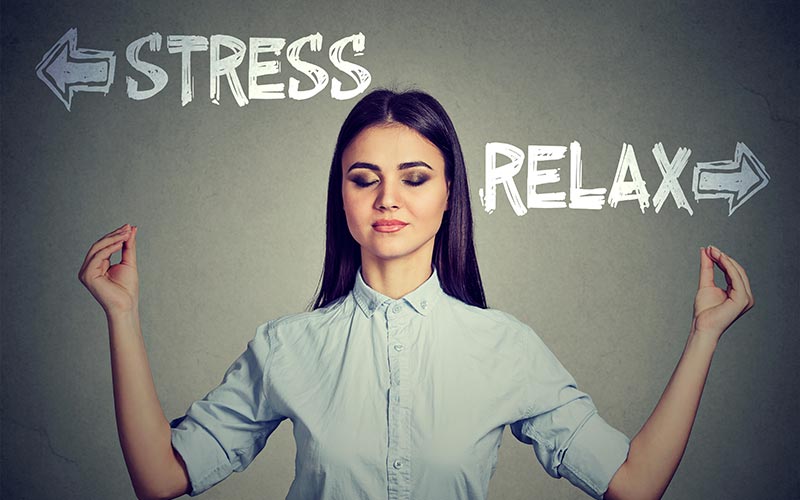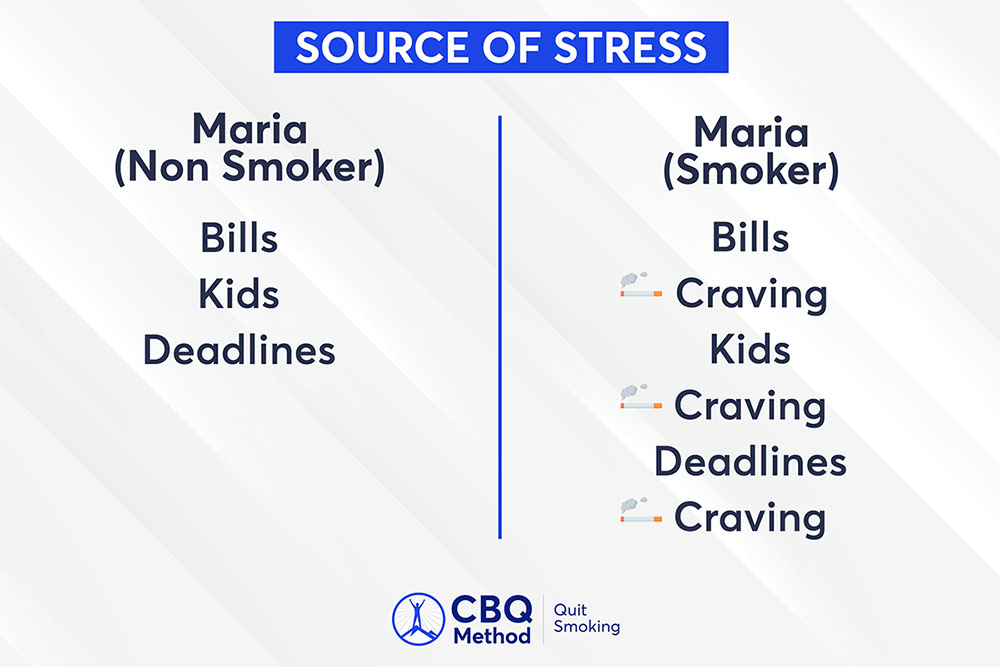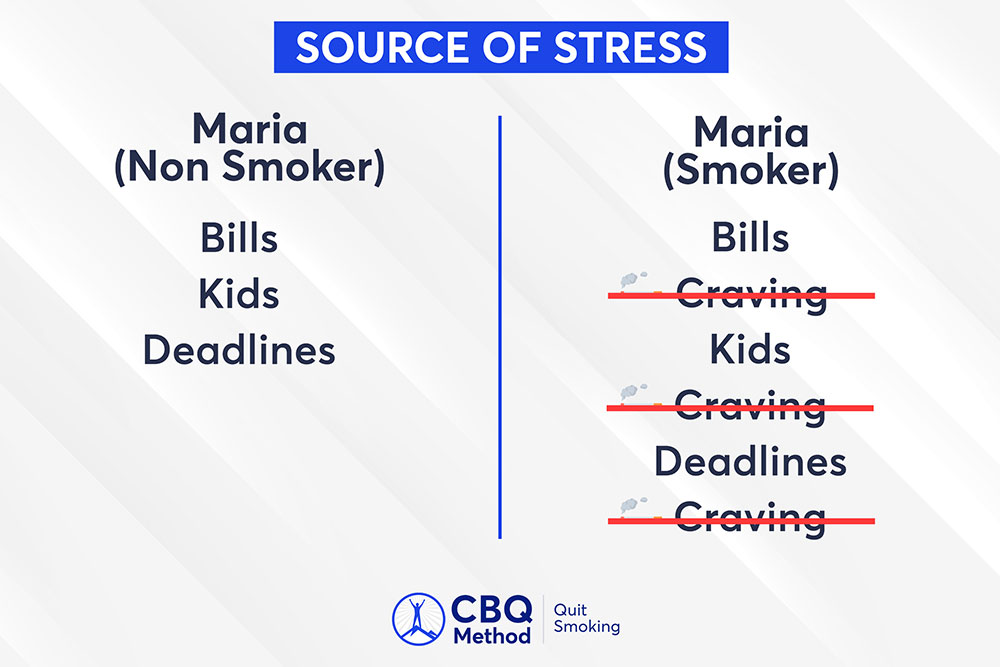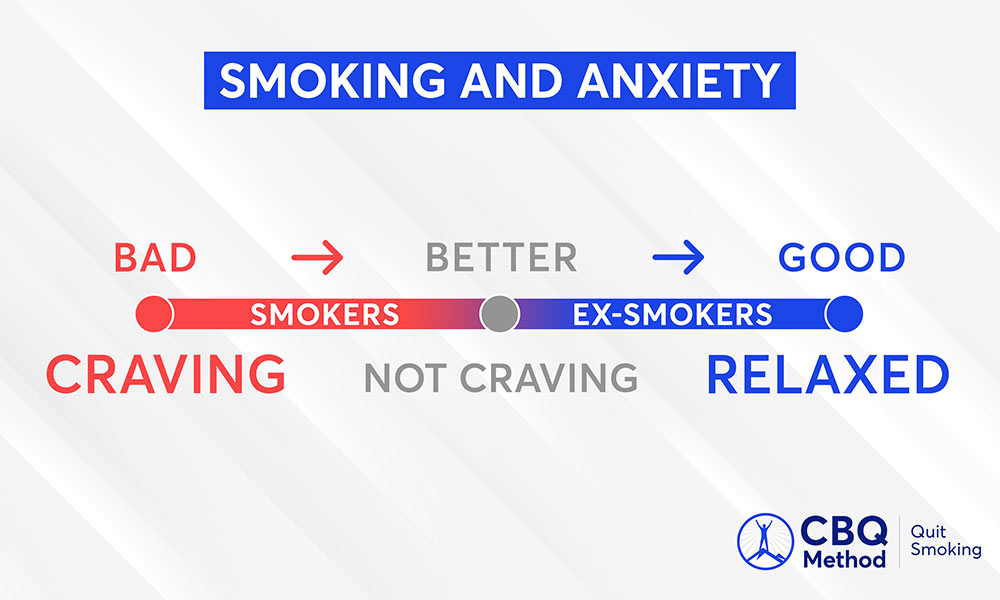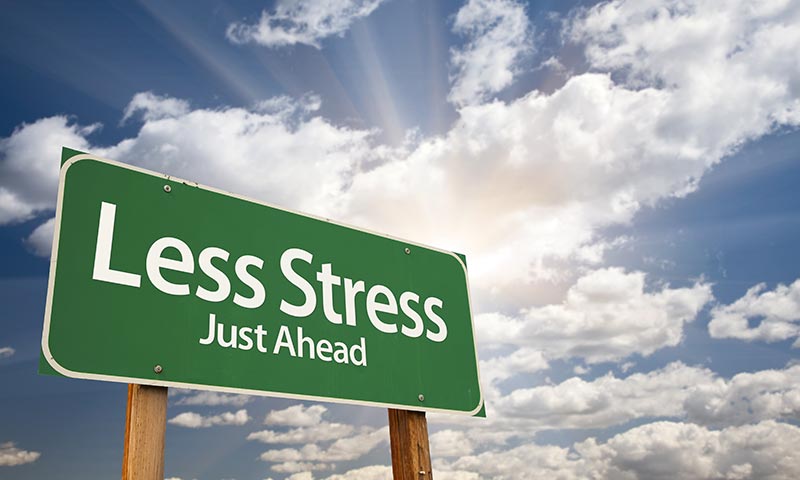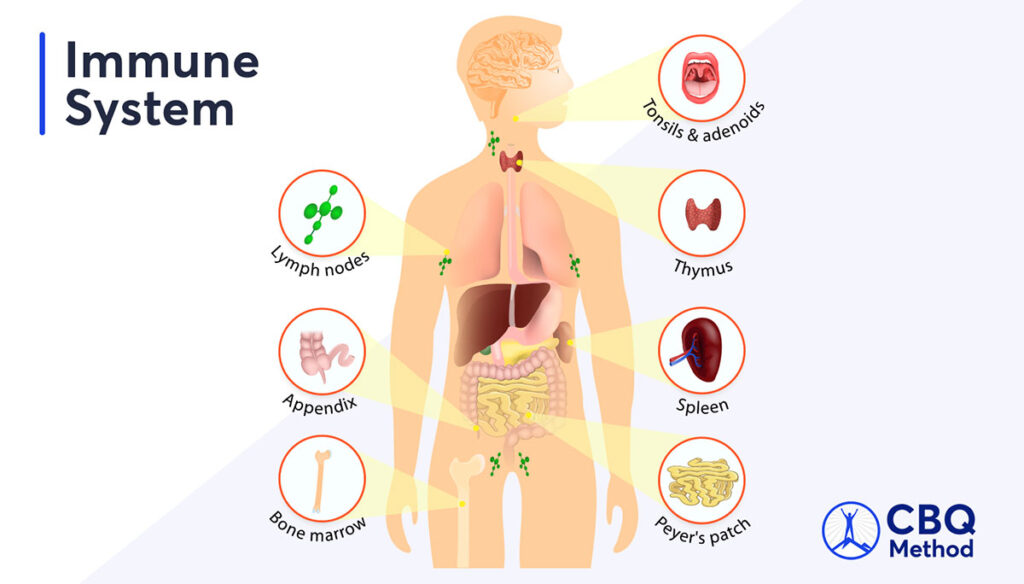The other day I was in our quit smoking Facebook group and some asked: Why am I experiencing flu-like symptoms after quitting smoking? Is it common to get sick after quitting smoking?
This is for you if you’re experiencing flu-like symptoms after quitting smoking or if you’ve heard about those flu-like symptoms also called as smoker’s flu and you’re worried quitting smoking can make you sick.
So why do you experience flu-like symptoms also called the smoker’s flu or the quitter’s flu or quit smoking flu? It has many names but it’s the same thing. So what is the smoker’s flu?

So, first of all, you need to know that this is not a disease, it’s not an infection, it’s not contagious and it’s not bad for you.
The smoker’s flu is simply a term used to describe the withdrawal.
The nicotine withdrawal or else, smoker’s flu is the process your body goes through when detoxing and healing after you stop smoking.
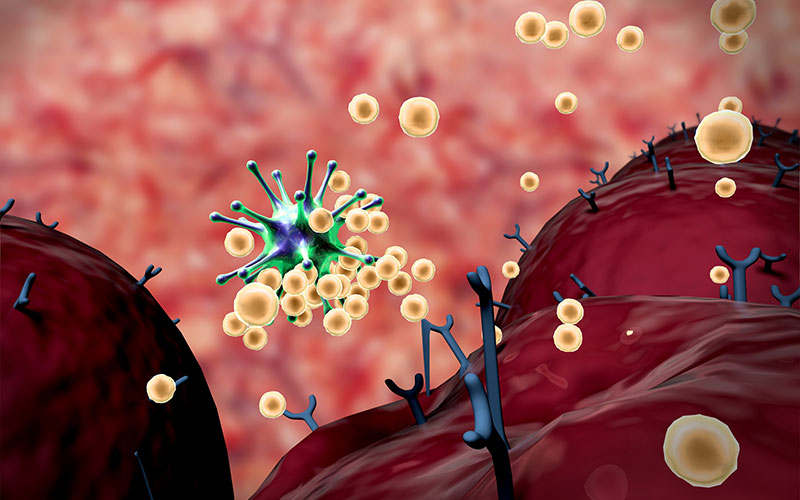
Because withdrawal happens when nicotine and toxins leave your body. And here’s the thing, withdrawal starts just 45 minutes after smoking a cigarette. So when you’re a smoker you always have withdrawal, day in and day out.
But when you quit smoking and when you stop using nicotine the withdrawal becomes intense and it eventually ends. This process is essential for your body to heal and detox.
So flu-like symptoms means withdrawal which means detox.
Smoker’s Flu Symptoms
Some examples of the withdrawal symptoms or smokers flu symptoms are:
- cough
- brain fog
- agitation
- tingling in your hands and feet
- physical and mental cravings
- anxiety
- dizziness
- chest tightness
- insomnia
- headaches
- constipation and so on.
Now, of course, you’re not going to experience everything! And it doesn’t have to be painful. Actually how you experience the withdrawal depends on your overall health, your mindset, and your nutrition. To learn more about the withdrawal symptoms and how long they last, check the withdrawal timeline.
Why Does Nicotine Withdrawal Feel Like a Flu?
When you’re sick, with anything, you experience some symptoms, right? You may have headaches or you may feel shaky and tired.
All those symptoms happen because your body is trying to heal and fight the virus and the toxins.
So basically having symptoms means there’s a healing and adjusting process that’s taking place. And after quitting smoking your body goes through changes, so you will experience some symptoms. This means you’re doing things right, it’s a good thing!
And even going through a simple detox or changing your diet a bit will have some effect on your body and that’s good.

And I know many smokers are terrified of the withdrawal (I used to think the same) or you may think it’s a painful process but it doesn’t have to be. In this video, I explain why withdrawal is good for you and 6 ways you can embrace it.
Withdrawal is not harmful; it’s helpful.
For example…
During the withdrawal you may experience cough or chest pain or chest tightness and you may think that something bad is happening to you. But in reality, you’re having these symptoms because your lungs are expelling toxins and mucus that has been accumulating in your lungs all those years. So it looks bad but it’s actually a good thing happening for you.
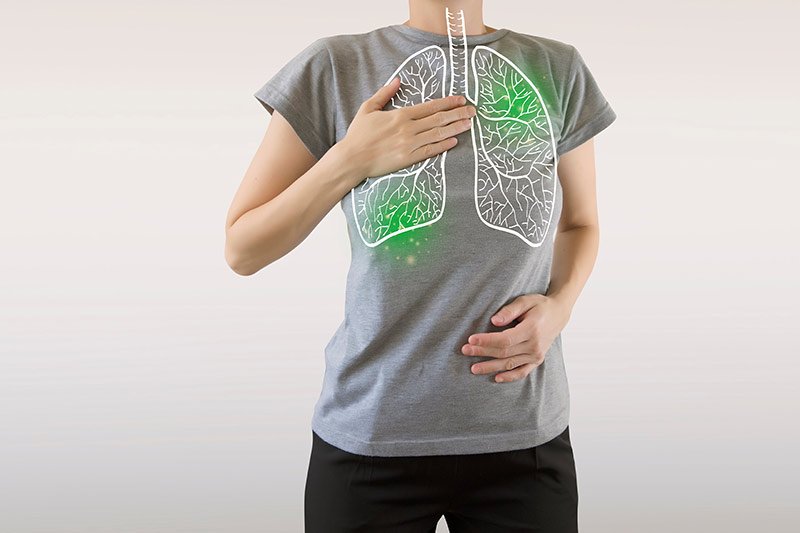
You may experience tingling in your hands and your feet and you may think this is bad but this happens because there’s actually more oxygen flowing in these areas.
Or you may have sore gums, but this happens because there is more blood flow in your mouth which can eventually save your teeth.
Physical cravings may feel like a bad thing but having physical cravings means you have less nicotine in your body and you’re closer to freedom.
Or you may experience low mood or mood changes and feel this is bad but this happens because your brain starts regulating dopamine naturally so that your emotions will not be controlled by nicotine anymore, so you can actually feel rewarded without nicotine.

And in the long run, quitting smoking decreases anxiety and depression and it increases happiness but only if you go through this adjustment period.
How long does the smokers flu last?
All those symptoms you’re going to experience are temporary and they’re going to go away as long as you stay nicotine-free. They can last from a couple of days to a couple of weeks, it depends. It depends on your overall health your mindset and your nutrition.
And of course, if you’re using nicotine substitutes, you’re going to be prolonging this process. But you don’t have to use those things because the nicotine withdrawal or the smoker’s flu is not any worse than a common cold.
Can You Get Sick from Nicotine Withdrawal?
If you’re worried quitting will make you sick, don’t. It’s detox and it must be done. Nobody ever got harmed, nobody died from quitting smoking. On the contrary, you know that smoking increases your risk of many diseases like cancer but also respiratory infections like influenza and coronavirus.
And stopping smoking decreases your risk of getting ill even while going through the withdrawal, even while detoxing.

How Can I Tell if I’m really Sick or if I Have the Smoker’s Flu?
Especially now with the coronavirus, you want to be able to tell if you’re really sick or if you have the smoker’s flue.
So if you experience your symptoms soon after quitting like a couple of weeks then it’s probably the withdrawal or quitter’s flu.
But if you have fever then this may not be from the withdrawal, so talk to your doctor.
So the smoker’s flu, it’s just detox. It’s not a sickness, it’s nothing to worry about and it’s a good thing that happens to you so you can become the healthiest and happiest version of yourself.
If you are trying to quit smoking or you have already quit and feel deprived or unhappy without cigarettes, this means you’re still mentally dependent on smoking.
Feeling you need, desire, or enjoy smoking is one of the biggest barriers to becoming a happy nonsmoker, so that’s what the CBQ Method helps you tackle – even if you have already quit.
The CBQ Method has reached and helped millions of smokers from all over the world. It’s the same method I talk about in my TED talk, and it helps you overcome the mental addiction and find quitting easy because you take control of your mind.
If you want to learn how the CBQ Method can help you quit smoking easily, you can start by getting the foundational video and PDF starter guide of the CBQ Method.
The foundational video will give you an overview of your quit smoking journey from start to finish and the guide will help you map out your quit, take notes, and remember important tips.


